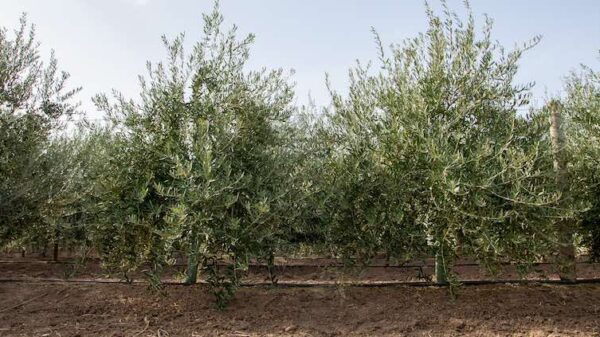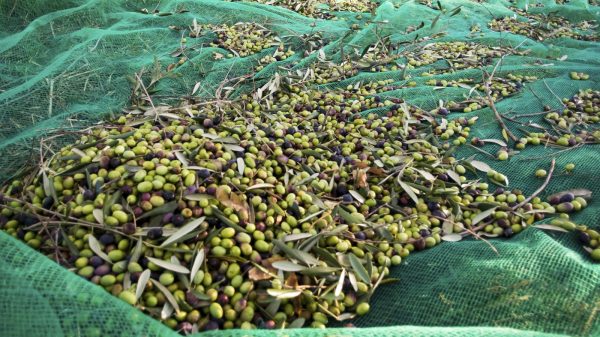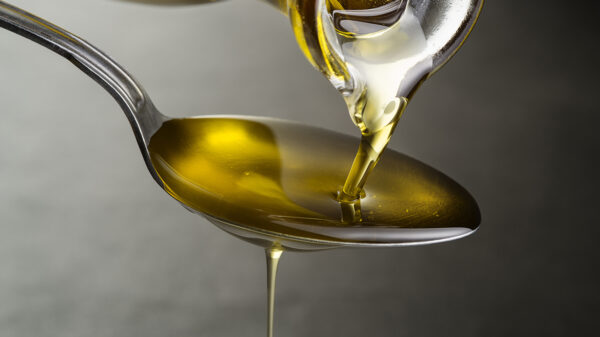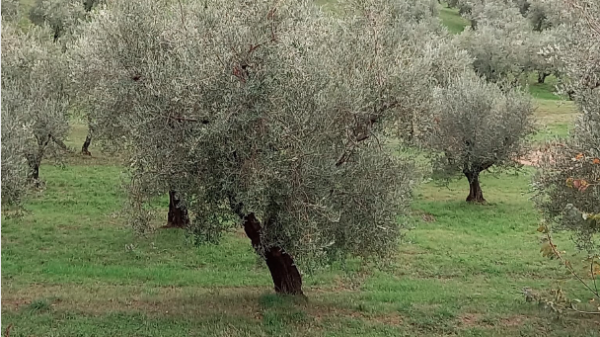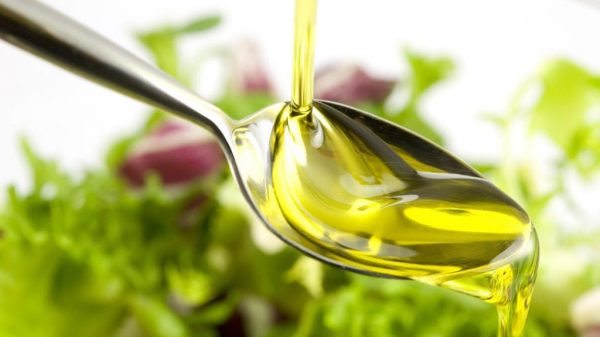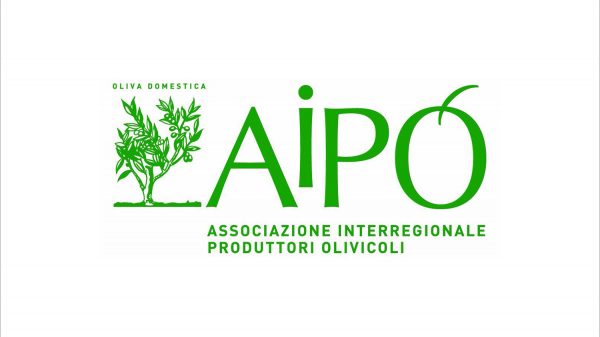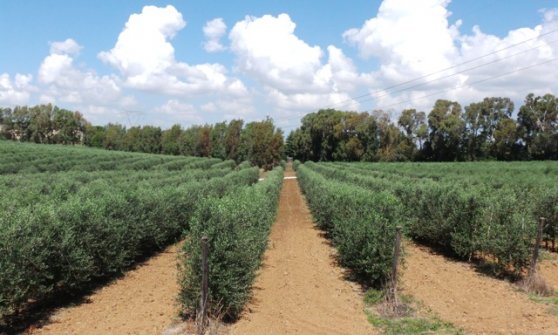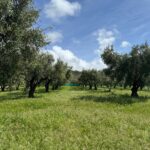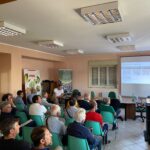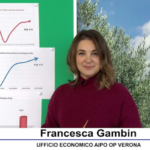The switching on of the oil mills in the south-eastern part of Sicily - which effectively kicked off the new olive oil campaign - has opened a legitimate debate between those who believe that it is too early to press the olives now and those who instead believe that it is a company choice perfectly aware.
We asked the question to Alfred Marasciulo (in the picture), head of the panel at the University of Bari, president of numerous and prestigious olive oil competitions, certainly one of the most authoritative personalities in the sector.
 Dr. Marasciulo, is starting milling on September 12th too early?
Dr. Marasciulo, is starting milling on September 12th too early?
“It is not milled according to a calendar. There are technical variables that depend on the variety, state of ripeness, findings on the different organoleptic characteristics and there are subjective variables because each producer is free to search for sensorial or chemical characteristics. Those who make criticisms, even correct ones, are often based on a parameter, that of yield, which is fully legitimate but which must be addressed with a minimum of technical knowledge".
That means?
“Given that whoever manages an oil mill must objectively look at how much production choices allow for marginalization, we must clarify what we mean by yield. If we accept that ripening is more advanced for a greater yield, we must be aware that it is not determined by a greater oil content in the olives, but simply by a lower quantity of water. I'll give you an example: a 10 gram olive contains 2 grams of oil, 3 grams of dry part and 5 grams of water. Therefore, from that olive I will have 2/10 of oil. If I wait several days and the water content drops from 5 to 3 grams, I will still have 2 grams of oil, but in a higher proportion, i.e. 2/8 of olive. Therefore, the yield is only apparently given by a greater quantity of oil. This means that if I am an olive grower who goes to the oil mill, waiting a little longer certainly makes me earn money because I spend less for the same amount of oil (the olives weigh less overall and the milling costs are based on this quantity), but if I am an oil mill operator, that is, if the plant is mine, the economic impact is zero. I would add: even on the sales front, yield is certainly not the main parameter, because it depends on who you sell your oil to. If it's for self-consumption or for wholesalers, that's one thing, but if it's for a more attentive consumer willing to pay more, other elements come into play. In short, there are many aspects to take into consideration."
Final consideration, then?
"This. If on the one hand it is wrong to chase an advance in production sic et simpliter, it is equally true that if there were no curious and courageous oil millers, who mill ahead of the standard fees, the oil mills today would open on the feast of the Immaculate Conception as they did 50 years ago, they would press the olives that were all turned and there wouldn't be the improvement in quality that there has been in recent years. For me, who am from Puglia, a striking example is valid: for decades it was thought that Ogliarola expressed a sweet oil, because its maturation was early, the mills opened late and it was pressed when all the olives had turned dark. Since the mills began to open earlier, it has been discovered that Ogliarola is not at all as sweet as it was thought to be, but has well-defined organoleptic and sensorial characteristics with its own bitterness and spiciness. Therefore, I repeat: an advance in the name of quality is a good and right thing, doing it independently and regardless of all varieties is the wrong thing."


